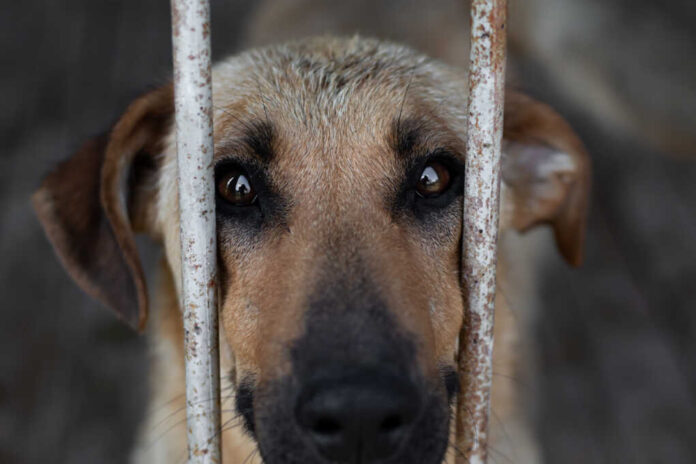
According to lawmakers in South Korea, there will be a watershed ban on the production and sale of dog meat for human consumption. This article examines this decision and its effect on the South Korean dog meat industry.
How Was The Decision Taken?
South Korea’s parliament voted 208-0 in favor of the ban, which the country will implement in 2027 after a three-year transition period allowing dog farmers and restaurants to repurpose or shut down their businesses.
What Is The General Perception of Dog Meat?
Animal rights activists celebrated the ban, which came after several decades of vocal opposition to the practice of eating dog meat. According to the Humane Society International, South Korea also joins a growing list of places with similar bans, including India, the Philippines, Thailand, Taiwan, and Singapore.
Eating dog meat hasn’t been popular among younger South Koreans for generations despite being connected to traditional Korean medicine. Traditional Korean medicine taught many older South Koreans to eat dog meat on hot summer days to stay cool. However, this has lost popularity, possibly because most people have air conditioning.
According to the Associated Press, recent surveys indicate more than half of South Koreans want dog meat banned while a majority no longer eat it. A 2023 Nielsen Korea opinion poll also shows that 86% of South Koreans won’t eat dog meat in the future, and 57% support a ban on the practice.
What Is The Significance of the Decision?
In the bill, South Korean lawmakers stated the legislation will strengthen animal rights in the country. In 2018, reporters discovered grim, inhumane conditions at multiple dog farms close to some Olympic stadiums, where farmers packed hundreds of dogs into filthy cages.
Shigeru Osuka, a professor of Asian and Japanese studies at Seton Hall University, also said that Korea’s ban on dog meat is an attempt to meet the so-called international standard of protecting animals.
What Does This Decision Mean for Dog Farmers?
South Korea’s ban would make the breeding, selling, and slaughtering of dog meat for human consumption illegal by 2027 and punishable by two to three years in prison.
The bill also assists dog farmers and others in the industry in shutting down their businesses and switching to alternatives. However, the legislation doesn’t specify how the government will support dog farmers and other industry players.
There are also concerns that the bill could strip elderly dog farmers in their 60s and 80s of their livelihood and only receive assistance for dismantling their facilities and transitions without compensation for giving up their dogs.
Conclusion
South Korea’s legislative ban on the dog meat industry is in line with strengthening its animal rights and meeting the international animal protection standard. While there are concerns that elderly farmers could lose their livelihood, the law promises to provide assistance to help dog farmers transition into better alternatives.


















